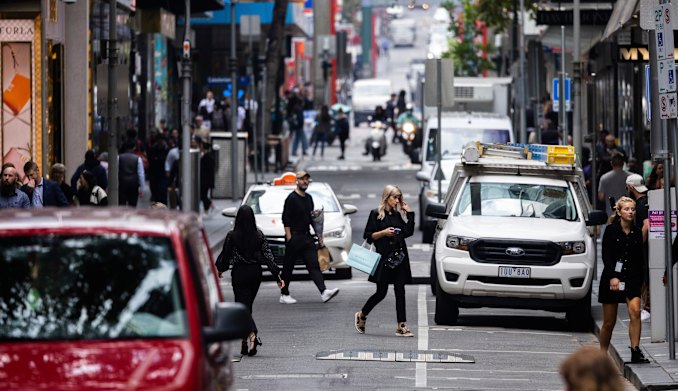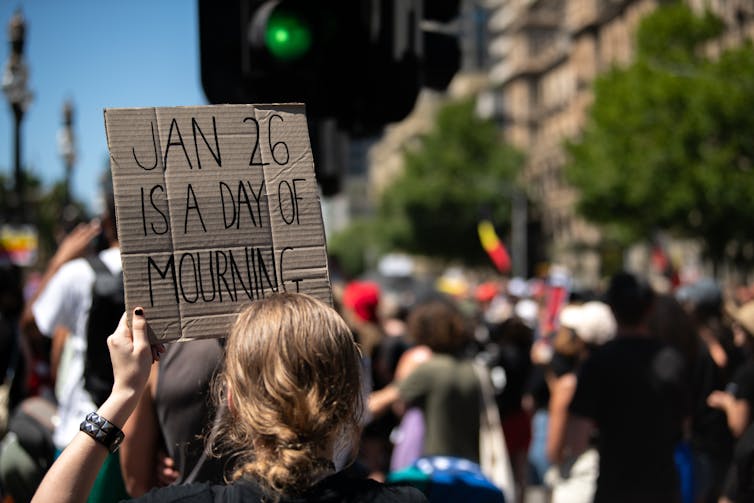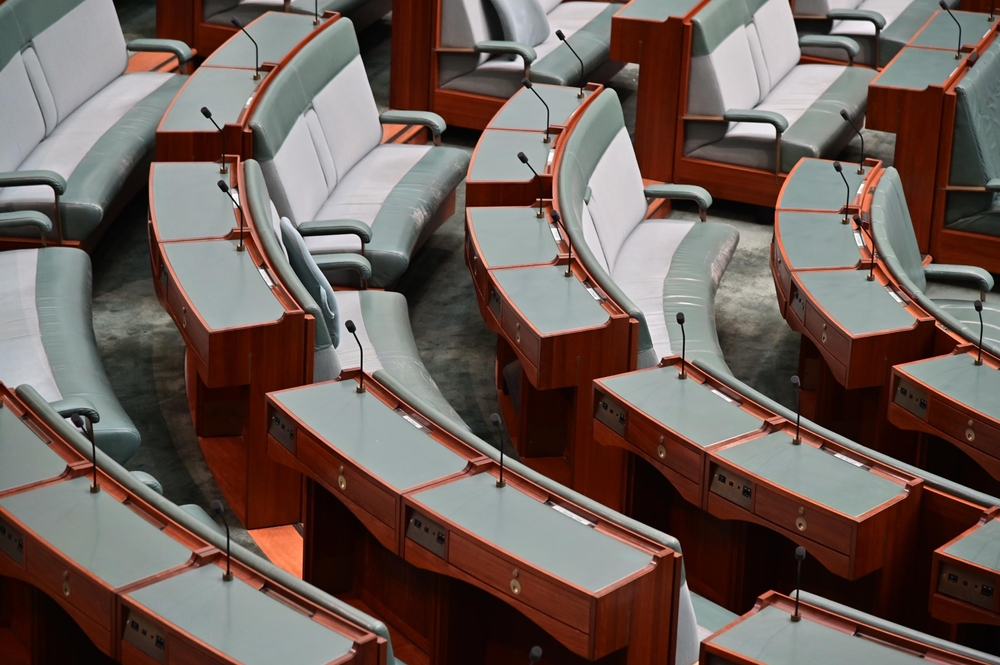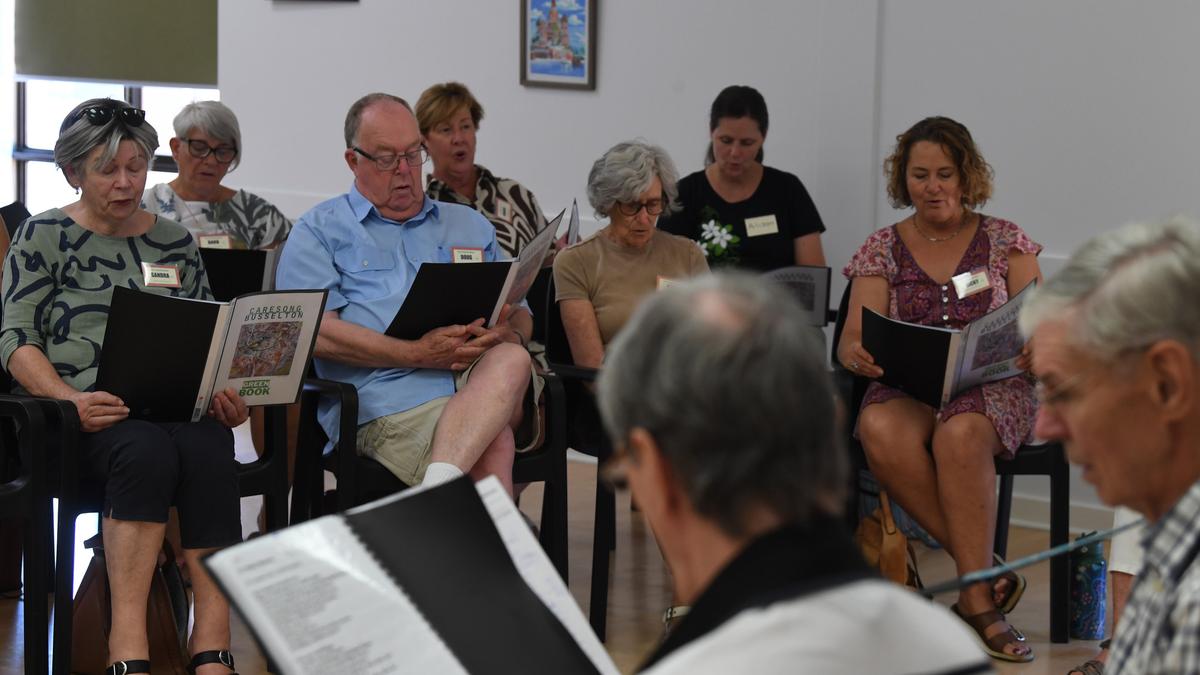
URGENT UPDATE: Melbourne’s fragile economic recovery faces a serious threat as the state government has just announced a plan to enshrine a legal right to work from home two days a week. Business groups are sounding alarms, claiming this move could derail efforts to revitalize the city’s Central Business District (CBD), which is already grappling with the highest office vacancy rate in Australia at an alarming 18 percent.
The Property Council of Australia has voiced strong opposition to Premier Jacinta Allan’s proposal, labeling it a “stunt” aimed at diverting attention from the government’s escalating debt crisis. National chief executive Mike Zorbas criticized the plan, stating, “If only the Victorian premier spent half as much time cracking down on the actual criminals crawling all over Victorian government worksites.”
The CBD’s office vacancy rate has remained relatively stable since its peak in March 2020. However, the latest report indicates a slight decrease in empty offices since January, sparking hope for recovery. Despite this, the property industry fears that mandating remote work will deter investment and undermine confidence in the office sector.
Property Council Victoria chief executive Cath Evans emphasized the risks associated with the new policy, stating, “Decisions about working arrangements should remain a matter between employers and their teams – not mandated by government.” She warned that Melbourne’s attractiveness for investment could diminish if the policy is enacted, jeopardizing over 300,000 square meters of new office space planned from 2025 to 2027.
In contrast, the plan has garnered support from unions, including the Australian Council of Trade Unions, with president Michele O’Neil arguing that this entitlement enables workers to balance their professional and personal lives. The Finance Sector Union echoed this sentiment, highlighting that many workers lack the right to flexible arrangements without strong enterprise agreements.
Retail leasing expert Zelman Ainsworth noted that as more people return to the CBD for work and leisure, vacancy rates are improving, which boosts retail confidence. “If anything were to distract from driving more people into the city, it’s not going to contribute to this continued improvement we’re now benefiting from,” he said.
Meanwhile, Josh Rutman, head of capital markets at JLL, reassured that a working-from-home mandate would not directly dampen the office leasing market. He explained that businesses will still require their office space regardless of remote work policies, particularly on peak business days.
Melbourne Lord Mayor Nick Reece, who has previously advocated for a return to office work, acknowledged the permanence of flexible work arrangements. However, he raised concerns about fairness, pointing out that essential workers like police officers and teachers are still required to be on-site daily. “Allowing public servants and pollies to work from home doesn’t seem fair to me,” he stated, emphasizing that Melbourne thrives when its streets are bustling.
Adding to the discourse, West Australian Premier Roger Cook stated he has no plans to adopt a similar work-from-home policy, attributing different attitudes toward remote work to the extended lockdowns experienced in Victoria.
As this situation develops, stakeholders across the industry will be closely monitoring the implications of the proposed work-from-home legislation. Many are urging the Victorian government to engage in constructive dialogue regarding policies that will shape the future of Melbourne’s CBD and its economic landscape.
For now, the conversation continues as Melbourne grapples with finding balance in a post-pandemic world, where the needs of workers and the demands of economic recovery collide.






